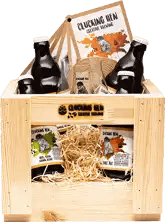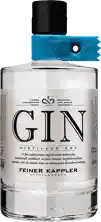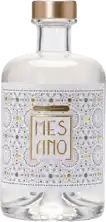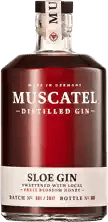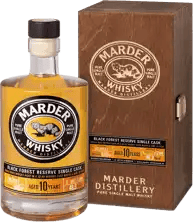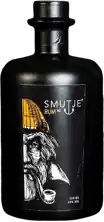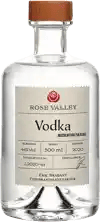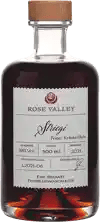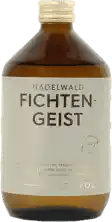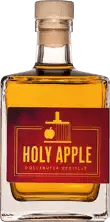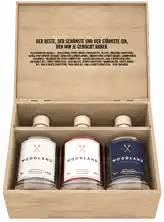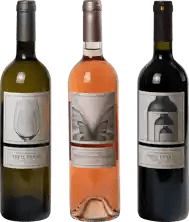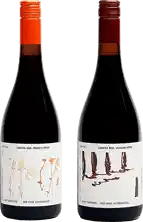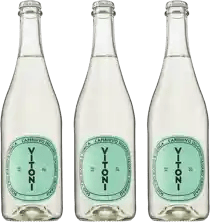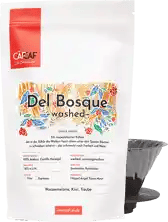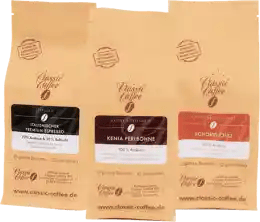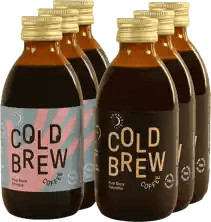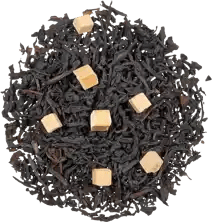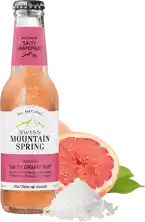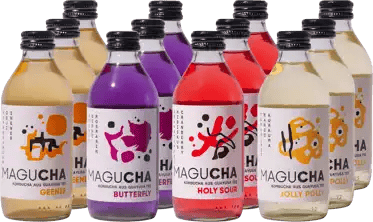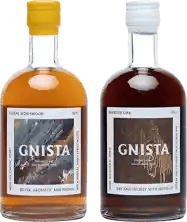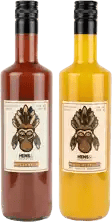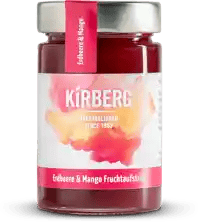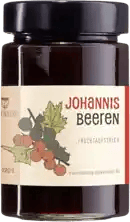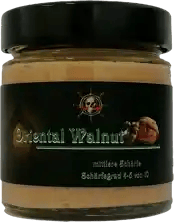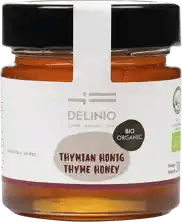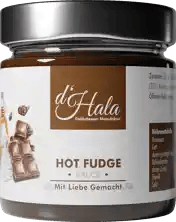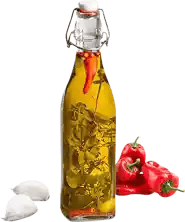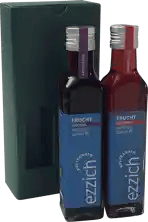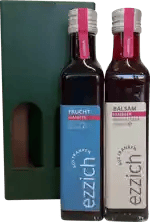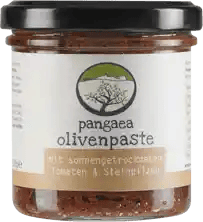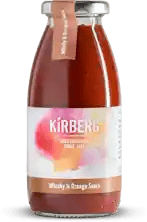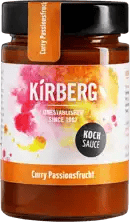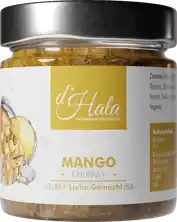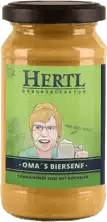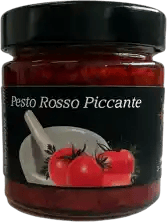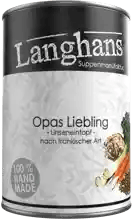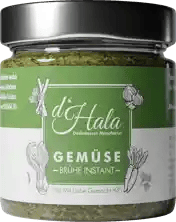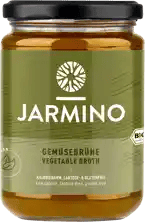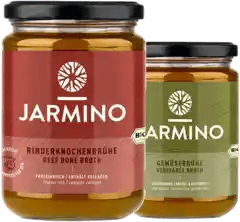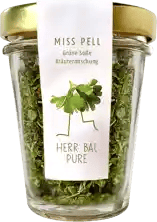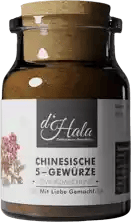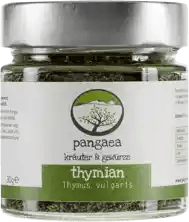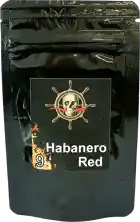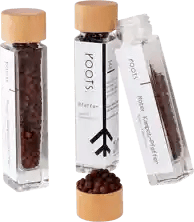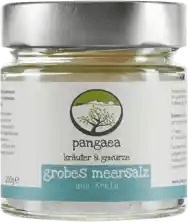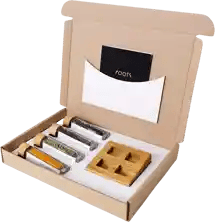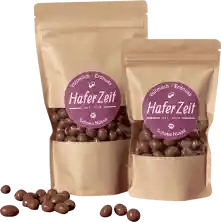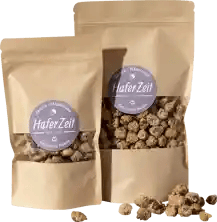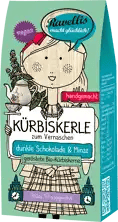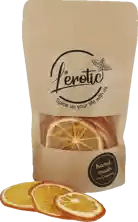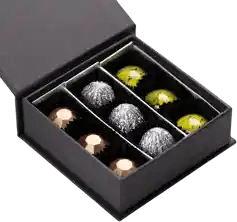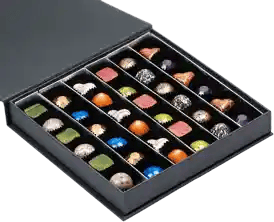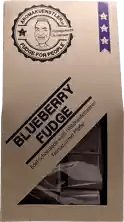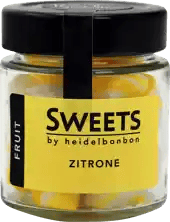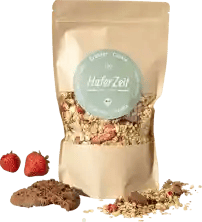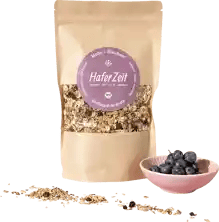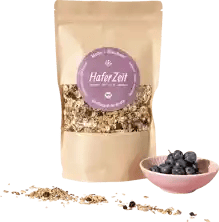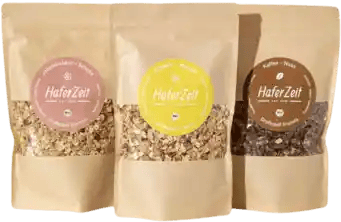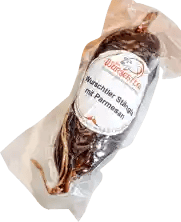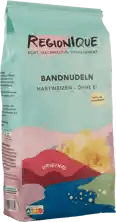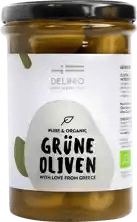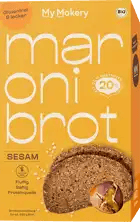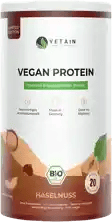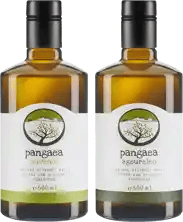Quality instead of quantity!
8,500 independent products
No mainstream
Quality instead of quantity!
-
Bestsellers
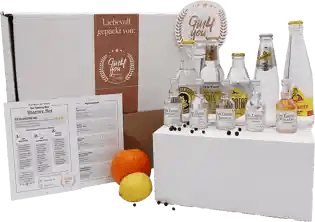
-
Geschenke
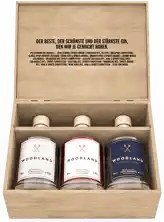
-
Craft beer

-
Gin

-
Spirits
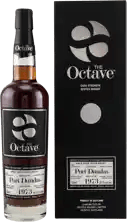
Spirits
-
Brandies & Spirits

Brandies & Spirits
-
-
Wine

-
Coffee/tea

-
Lemonades & Co

-
Packages
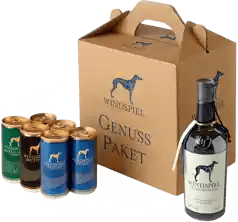
-
Food
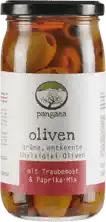
-
Magazine
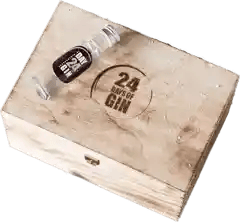
- More contents
Spirits
Liqueur
A bar without liqueur is like brushing your teeth without toothpaste - it works somehow, but it's pretty stupid. We have a huge selection for you from all regions of Germany.
Looking for a special liqueur? You'll find an exquisite selection of premium liqueurs in our online liqueur store. Buy liqueur online now and discover new flavors.
Liqueur: Buy online at Honest & Rare
Would you like to buy liqueur online but would like to know something about liqueur first? From fruity-fresh to creamy-sweet to herbal-tart: liqueur is an all-round talent. But what exactly is liqueur? How is it made and how does it differ from schnapps?
Contents
- Liqueur guide
- What exactly is liqueur?
- How is liqueur made?
- Liqueur: history and origins
- Liqueur: Frequently asked questions & answers
Alcohol and sugar are naturally good friends, but in liqueur they become a true dream team. Only a certain sugar content turns alcoholic liquid into liqueur. However, it doesn't necessarily have to taste sweet - classic herbal liqueurs, for example, are more tart than sweet. Alcohol content of 15 percent by volume is always mandatory, but it can be as high as 55 percent by volume. Like spirits in general, liqueur was initially used as a medicinal drink before it conquered the world as a stimulant.
Today, liqueur belongs in every well-stocked bar and delights with a huge range.
What is liqueur?
Despite the variety of flavors, every liqueur is a spirit that must meet two essential criteria: The prescribed minimum alcohol content in Germany and the EU is 15 percent by volume, and it must also contain at least 100 grams of sugar per liter.
There are only three exceptions to this basic rule: 70 grams of sugar is sufficient for cherry liqueur and 80 grams for gentian liqueur, without both being denied the status of liqueur. And: egg liqueur only contains 14% alcohol by volume.
The four basic components of liqueur are alcohol of agricultural origin, including distillates of one or more spirits, the flavoring additives - i.e. fruits, herbs, spices, milk, eggs, wine, extracts, but also nature-identical (artificially produced) flavorings - as well as sugar and water.
Strict regulations regarding the use of artificial flavorings apply to certain types of liqueur in Germany. Flavorings from the laboratory may not be added to liqueurs made from the following fruits:
- Blackcurrants,
- raspberries,
- blueberries,
- cranberries,
- sea buckthorn,
- pineapple.
The ban also applies to liqueur varieties made from the herbal components mint, gentian, aniseed and kidney vetch.
How is liqueur produced?
Basically, liqueur can be produced in two different ways: By distillation or by maceration. However, maceration is by far the preferred method for producing liqueur - also because it allows for an enormous range of variants that are quite easy to produce.
Liqueur production via maceration
The principle is quite simple, the art lies in the correct dosage of ingredients and time. The flavoring components of the liqueur, such as fruit or herbs, are soaked in alcohol. Usually in so-called neutral alcohol of agricultural origin, which has no flavor accents of its own. Or the recipe provides for the exact opposite: A liqueur that conveys the subtle nuances of the original, high-proof spirit in the background. Rum and whisky, grappa, gin and vodka are also used for production in this sense. In Latin, maceration means something like "leaching": the aromas of herbs, roots or fruits are extracted from their basic substance and the alcohol leaches out the ingredients.
The mixture is stored in either wooden barrels or metal vats for a certain period of time, then filtered and brought to the desired drinking strength with sugar and water.
Liqueur production via distillation
Liqueur production by distillation is now rather rare. In most cases, for example, the classic fruit brandy is obtained from a fruit mash by evaporation, which is left as such - also because it has a great aromatic finesse. The respective liqueur is created by adding sugar and water.
Liqueur: history and origin
Scholars argue a little about the origins of liqueur production. It is documented that the Italian Magister Salernus succeeded in distilling wine for the first time in 1167 in the southern Italian city of Salerno, thus producing high-proof alcohol. However, it was not until the 13th century that a certain Arnaldo von Villanova, rector of the Faculty of Medicine in Montpellier - the city belonged to Spanish Catalonia at the time - experimented specifically with the infusion of herbs in alcohol - in principle, a classic maceration. In contrast to his Italian colleagues, in the following years the physician also added honey to the alcoholic herbal extracts to make them more palatable. Nevertheless, they were prescribed exclusively as medicines. And for a long time they remained the domain of monasteries with their lush herb gardens.
Liqueur: from medicine to a product to be enjoyed
Until the 16th century, liqueur was synonymous with medicine. The fact that the Italian noblewoman Catherine de Medici brought a whole entourage of expert "liqueurists" with her to the French court after her marriage to the French King Henry II in 1532 speaks for Italy as the actual birthplace. However, sugar prices were still so prohibitively high that the consumption of liqueur remained a privilege of the aristocracy.
This changed as a result of the expansive colonial trade in sugar and, ultimately, domestic sugar beet cultivation. In 1811, the first profitable sugar beet processing plant was put into operation in France. Liqueur experienced a sensational boom - initially as the preferred alcoholic drink of the middle classes, and from the 19th century onwards as the favorite of broad sections of the population.
During this dawning heyday, liqueur production did not stop at any fruit or herbal genre. In France and the Netherlands in particular, there were liqueur producers in every small and large town offering their own special liqueur. Some types of liqueur that are still produced today - such as Curacao Bluse or the herbal liqueur Chartreuse - were invented during this exuberant period.
Liqueur: Frequently asked questions & answers
How is liqueur drunk?
The classic way is to enjoy liqueur neat, preferably as an aperitif, i.e. as a small appetizer, or as a digestif after a sumptuous meal - whereby this is the traditional domain of herbal liqueurs.
In addition, however, other enjoyment variants have established themselves as a matter of course: These include the fresh-up method with an ice cube in the glass - this makes the liqueur a little more "refreshing". But please never chill the liqueur completely in the fridge, the cold hinders the development of the fine aroma nuances and sometimes "kills" the characteristic scent.
Liqueur is also - as mentioned above - a basic ingredient for a whole range of delicious cocktails and long drinks. Many desserts and sweet dishes also get their exquisite flavor from a suitable liqueur. Just one example: can you imagine a real tiramisu without coffee liqueur? Exactly.
What is the difference between schnapps and liqueur?
Schnapps is a general term for spirits. Spirits are all alcoholic beverages with an alcohol content of 15% or more. The only difference to liqueur is the sugar content: according to EU law, it is a liqueur if it contains 100 grams of sugar or more per liter.
Honest & Rare: Your marketplace for inspiring liqueur enjoyment
"There are only a few strange natures that lack the inclination for liqueur." With this statement, the journalist and writer Edgar Allan Poe expressed his astonishment in the mid-19th century that not everyone, really everyone, loved and appreciated the aromatic spirit with its enormous spectrum of flavors. At Honest & Rare, we see ourselves as a marketplace for inspiring liqueur enjoyment. Discover our treasures and your favorites. It's worth it. We promise.
Buy liqueur online
We are not an online store but a marketplace for special drinks. That's why you'll find excellent, selected liqueurs here that you can't buy everywhere. Whether to drink yourself or as a gift. You can buy the best liqueur from usBrilliant!
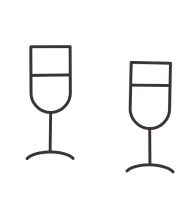
Bitte bestätige deine Anmeldung noch eben - du hast eine Bestätigungsmail von uns. Klicke darin auf den Link. Danach bekommst du deinen Rabattgutschein.
